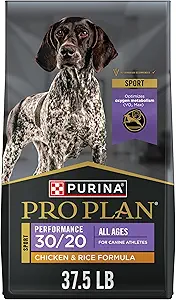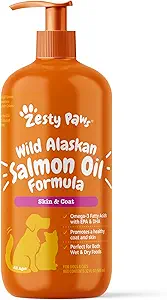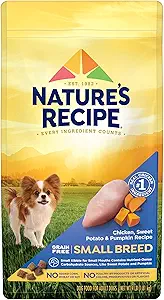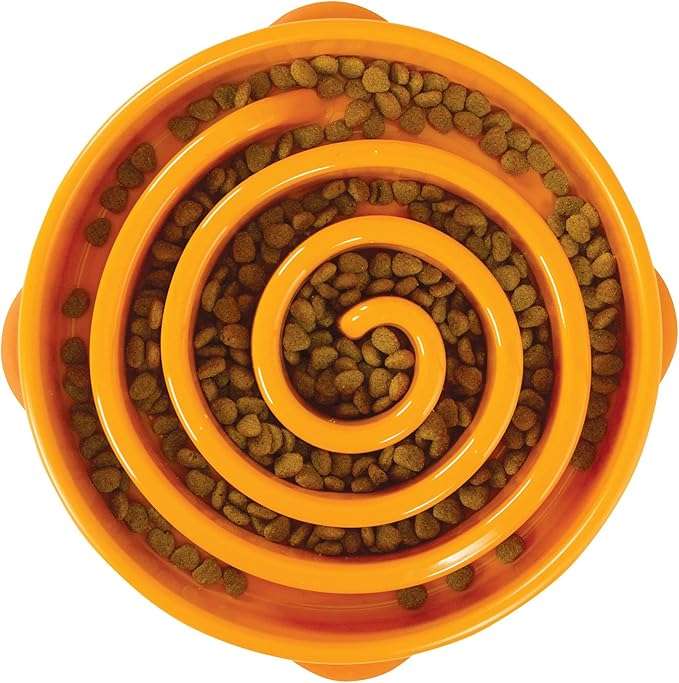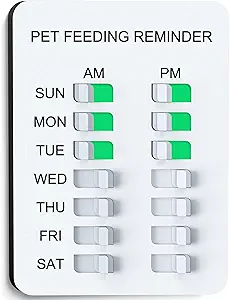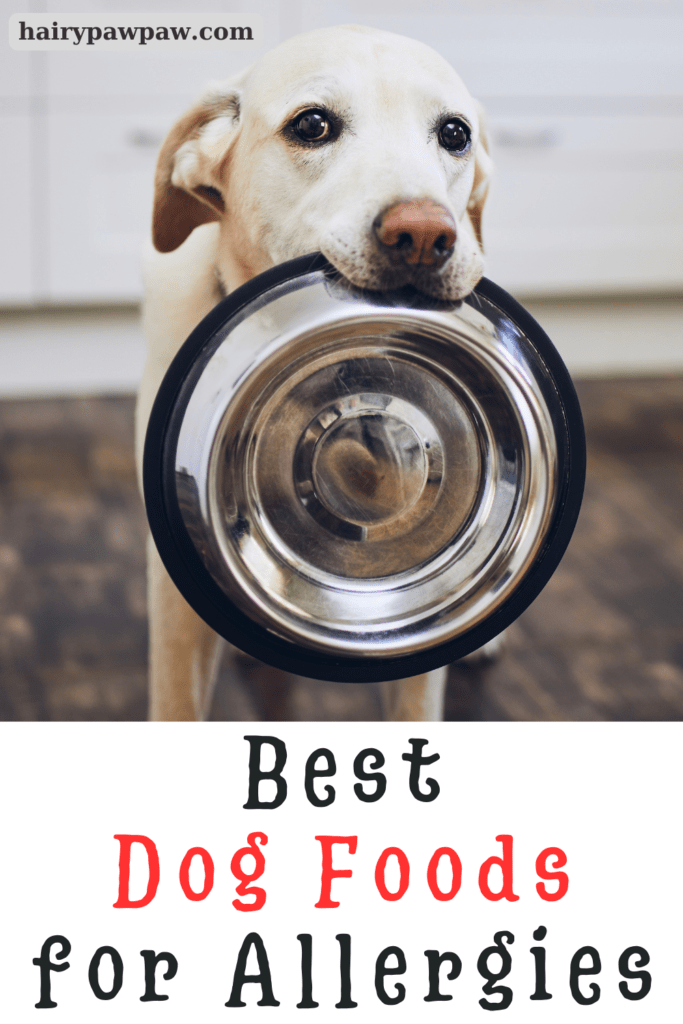Beagle Nutrition and Diet: What You Need to Know
This post may contain affiliate links, which means I’ll receive a commission if you purchase through my link, at NO EXTRA COST TO YOU
Understanding your Beagle’s nutritional needs is crucial for ensuring a long and healthy life. Because Beagles are energetic, food plays a significant role in supporting their active lifestyle. Therefore, knowing what to feed your Beagle and how to structure their diet can prevent health issues, promote longevity, and enhance their quality of life. In this detailed guide, we’ll cover everything you need to know about Beagle nutrition, the best food choices, portion control, and more.

Why Beagle Nutrition Matters
First and foremost, Beagles are a highly active breed. Their strong hunting instincts, combined with an inquisitive nature, mean they require plenty of energy. However, without proper nutrition, they can become prone to obesity, digestive problems, and other health concerns. Moreover, a balanced diet fuels their physical activities and helps maintain their sharp cognitive functions.
Key Nutritional Needs of a Beagle
Beagles, like all dogs, thrive on a diet that includes a good balance of proteins, fats, and carbohydrates. Proteins, in particular, help build and repair muscle tissue, which is essential for their active lives. Fats provide energy and support their skin and coat health. Meanwhile, carbohydrates give them the extra fuel they need to sustain their energy levels throughout the day.
Protein-Rich Foods
Beagles need high-quality sources of protein. Ideally, your Beagle’s diet should consist of at least 18-25% protein from animal-based sources like chicken, turkey, beef, and fish. For instance, lean meats and fish provide not only proteins but also essential amino acids that help in muscle development and tissue repair.
Healthy Fats
Fats are another critical component. They provide energy, support brain function, and keep your Beagle’s coat shiny. Fish oils, found in salmon and other fatty fish, are rich in omega-3 and omega-6 fatty acids. These nutrients not only benefit the skin and coat but also support joint health, which is crucial for active Beagles.
Carbohydrates for Energy
Beagles also need a sufficient amount of carbohydrates for sustained energy. Foods like sweet potatoes, brown rice, and whole grains supply the necessary carbohydrates while providing fiber that aids digestion. Beagles, with their sensitive stomachs, benefit from easily digestible carbs that won’t cause bloating or discomfort.
Portion Control for Beagles
Next, let’s talk about portion control. Beagles are notorious for their love of food, and they often don’t know when to stop eating. Without careful portioning, they can quickly become overweight. Therefore, determining the right portion size is essential to prevent obesity.
How Much Should You Feed a Beagle?
The amount you feed your Beagle depends on several factors, such as age, activity level, and overall health. On average, adult Beagles require about 1 to 1.5 cups of high-quality dog food per day, split into two meals. Puppies, on the other hand, need more frequent feedings—up to three or four times a day—because they are growing rapidly.
Overfeeding leads to weight gain, which can put strain on your Beagle’s joints and lead to heart problems. Therefore, always measure your dog’s food and avoid free-feeding.
Foods to Include in a Beagle’s Diet
Now that we’ve covered the basics, let’s dive into the specific foods that benefit your Beagle.
1. Lean Meats
Chicken, turkey, and lean cuts of beef provide the protein your Beagle needs. Avoid fatty meats, as these can contribute to weight gain.
2. Fish
Salmon and mackerel are excellent sources of omega-3 fatty acids. These support joint health and keep your Beagle’s coat shiny and soft.
3. Sweet Potatoes
Rich in vitamins A and C, sweet potatoes also offer a healthy dose of fiber, helping your Beagle with digestion.
4. Brown Rice
A great source of carbohydrates, brown rice provides energy without causing weight gain, as long as it is served in moderation.
5. Carrots
Carrots are low-calorie treats packed with beta-carotene, which supports eye health—a particularly important factor for Beagles as they age.
Foods to Avoid
Not all foods are safe for Beagles. In fact, several common foods can harm your dog, leading to serious health complications.
1. Chocolate
Chocolate contains theobromine, which is toxic to dogs. Even small amounts can cause vomiting, diarrhea, and heart problems.
2. Onions and Garlic
Both onions and garlic can cause anemia in dogs by damaging their red blood cells. They should always be avoided.
3. Grapes and Raisins
Grapes and raisins can cause kidney failure in dogs, so it’s essential to keep them out of your Beagle’s diet entirely.
4. Processed Foods
Beagles should never consume processed foods or anything high in sugars, salts, or artificial additives. These foods can lead to obesity, diabetes, and heart disease.
Beagle Feeding Schedule
Establishing a proper feeding schedule is crucial. Consistent mealtimes help regulate your Beagle’s metabolism and reduce the chances of overeating. It’s best to feed your Beagle twice a day—once in the morning and once in the evening. Sticking to this schedule ensures your dog gets the nutrition they need while preventing weight gain.
Special Dietary Needs for Senior Beagles
As Beagles age, their nutritional needs change. Senior Beagles often become less active and require fewer calories. However, they still need high-quality protein and fat to maintain their muscle mass and joint health. Senior-specific dog foods often contain added supplements, such as glucosamine, that support joint mobility.
Moreover, senior Beagles may benefit from added fiber in their diet to aid digestion. You can achieve this by incorporating high-fiber foods like pumpkin or green beans into their meals.
Hydration is Key
In addition to feeding your Beagle a balanced diet, hydration is equally important. Beagles should always have access to fresh water, as it helps regulate body temperature, aids digestion, and keeps their organs functioning properly. Beagles that don’t drink enough water risk developing kidney problems or dehydration.
Conclusion
In conclusion, providing your Beagle with a balanced and nutritious diet is vital for their overall health and well-being. With the right combination of proteins, fats, carbohydrates, and essential nutrients, your Beagle will stay active, happy, and healthy for years to come. Always remember that portion control, meal scheduling, and staying away from harmful foods are key to maintaining their health. So, whether you’re feeding a puppy, an adult, or a senior Beagle, following these guidelines will ensure they live a long and vibrant life.


